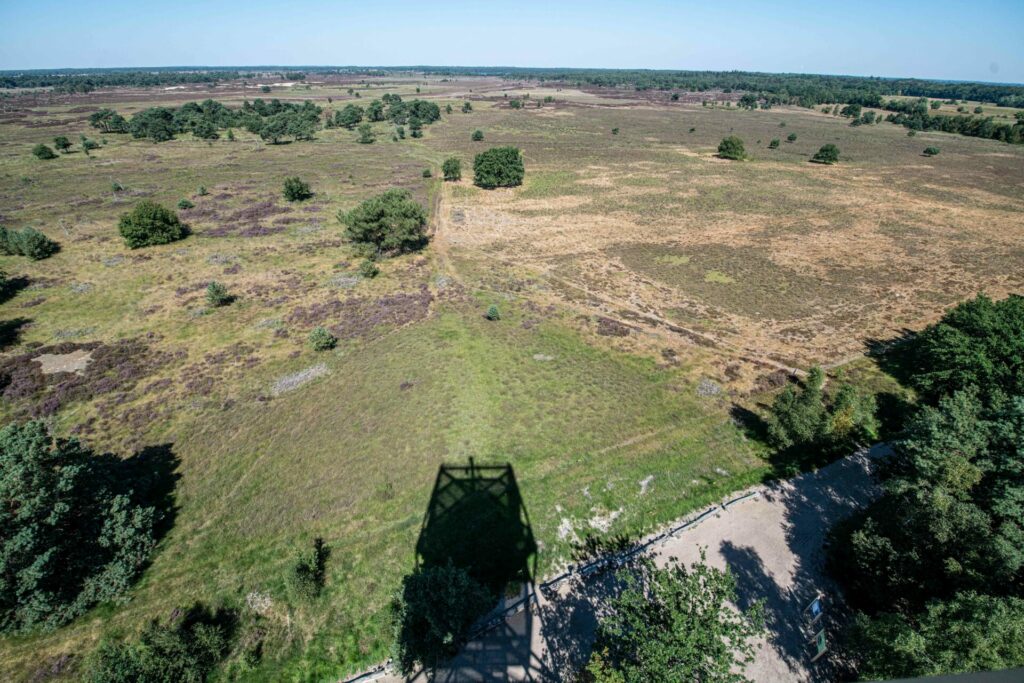If there is not enough rainfall in the coming weeks, stricter measures to reduce water consumption could be introduced across several sectors in September, the Flemish Drought Committee announced on Thursday.
The Drought Committee – which consists of water managers, drinking water companies, Aquafin and governors – meets weekly during long periods of drought to formulate recommendations, considered the situation "critical" on Thursday, De Morgen reports.
“All indicators, hydrological and meteorological, point this way,” the committee stated. “The precipitation of the past few days and the predicted precipitation will not lead to a significant recovery of our waterways. A further decrease in levels and discharges in the unnavigable waterways cannot be ruled out.”
On the bright side, there is no problem with regard to the drinking water supply, not even in the medium term, although vigilance is being tightened, according to Flemish Environment Agency (VMM) spokesperson Bernard De Potter.
Drastic measures
The Drought Committee continues to reiterate its advice to sectors, governments and citizens to “maximally reduce” their water consumption. For the time being, this will not be made into an obligation, but if there is not enough precipitation in the coming weeks, a tightening of measures cannot be ruled out, De Potter said.
“Early September will be a critical point,” he said. Drastic measures are in sight if the weather situation does not change. Such measures could include a general capping ban for agriculture and industry and a ban on non-essential use of water, for instance, to wash the car or for fountains.
Additional restrictions might be required, depending on the severity of the drought. “We will continue to monitor the situation closely,” said De Potter.
Related News
- From water rationing to turning off fountains: How Europe is battling drought
- Four-hour long 'traffic jams' on Albert Canal due to drought
- Low Rhine levels risk leaving German waterways unnavigable
In recent months, measures to limit the impact of the drought have already been introduced. There are lock restrictions on various waterways, for example, and mobile pumps are used. In Flanders, it is prohibited to extract water from unnavigable waterways.
The Drought Committee also asks to always report fish mortality to the environmental department of the municipality.
The various sectors and government bodies involved will be asked to inform the committee of which measures they are undertaking. “That way we can inspire each other and encourage savings. These times of water scarcity require an effort and solidarity from everyone,” the Drought Committee stated in a press release.

